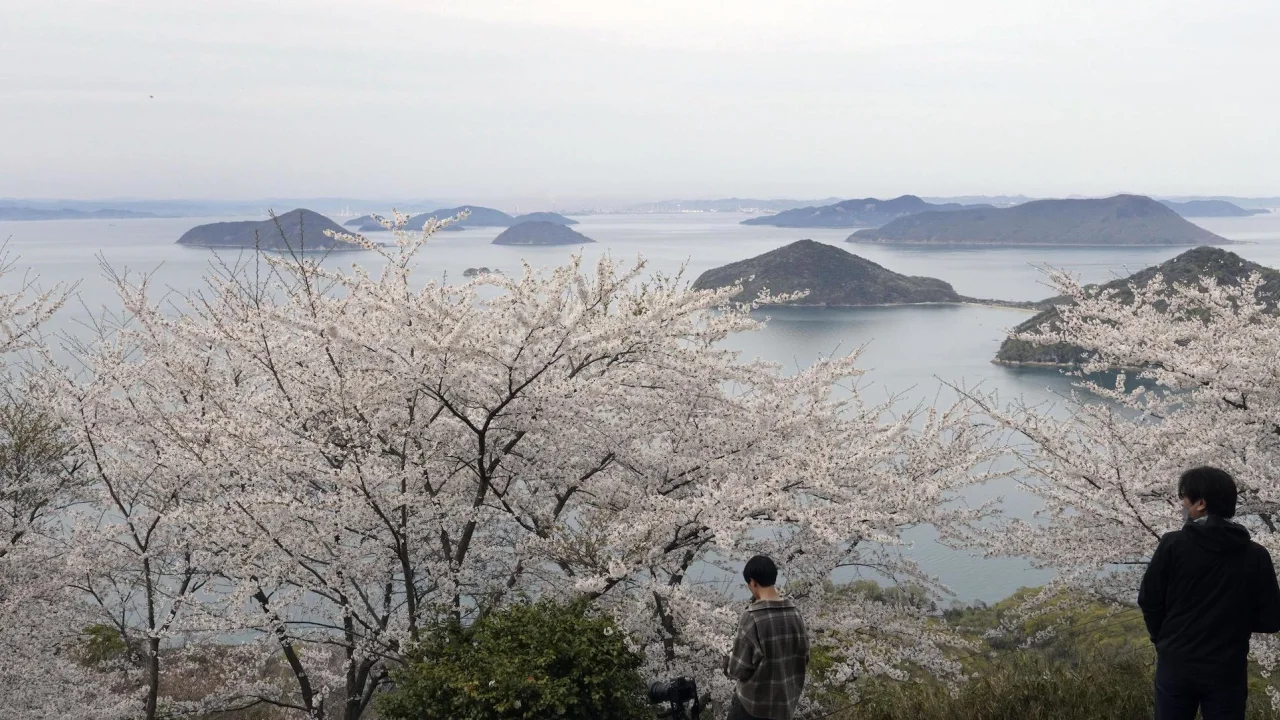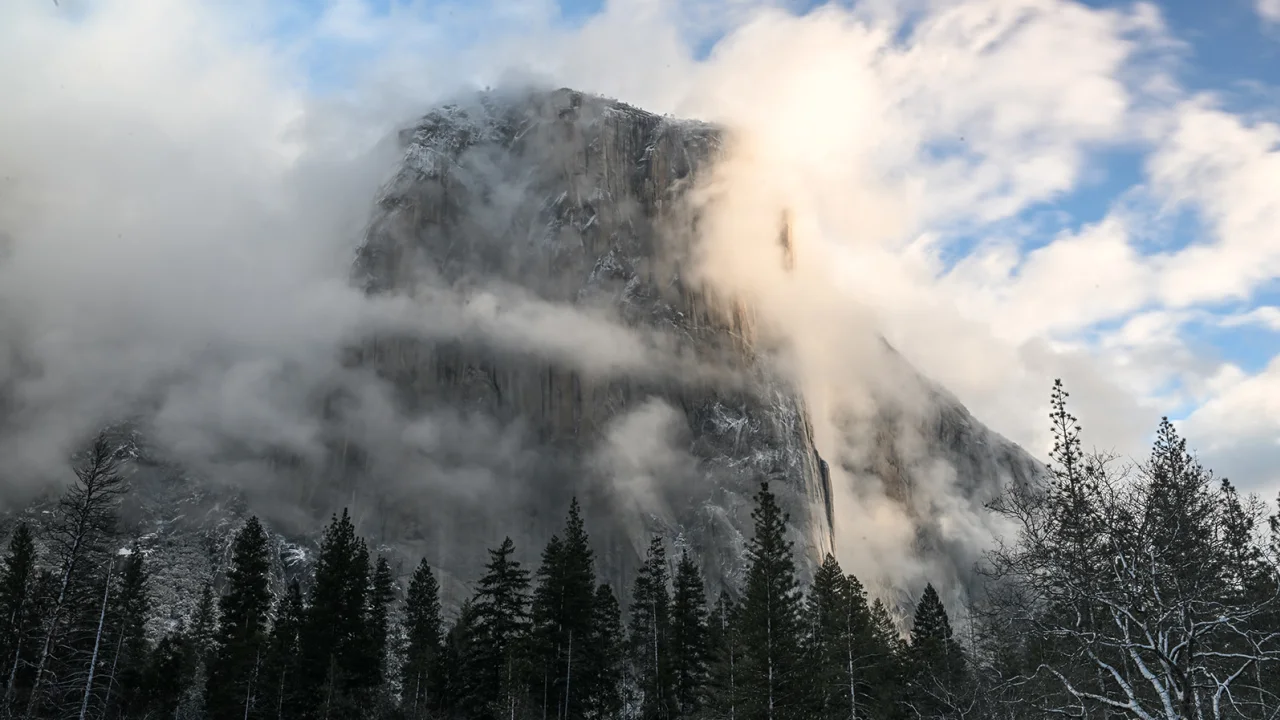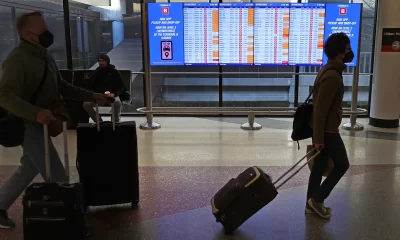Public Notices
The Murad Code should become the gold standard to deliver justice and accountability: UK statement at the UN Security Council

We use some essential cookies to make this website work.
We’d like to set additional cookies to understand how you use GOV.UK, remember your settings and improve government services.
We also use cookies set by other sites to help us deliver content from their services.
You can change your cookie settings at any time.
Find information and services
Search for a department and find out what the government is doing
Departments, agencies and public bodies
News stories, speeches, letters and notices
Detailed guidance, regulations and rules
Reports, analysis and official statistics
Consultations and strategy
Data, Freedom of Information releases and corporate reports
Statement by Lord Tariq Ahmad of Wimbledon at the UN Security Council thematic debate on ending cycles of sexual violence in conflict (women and peace and security)
May I begin by thanking you, Special Representative Pramila Patten.
The relationship and the strength of the relationship between the United Kingdom and your office is something we hold very dear, and we welcome the continued coordination and strength of the work we’re doing on this important agenda.
To our brave activists, Mariana Karkoutly and Hilina Berhanu, for your stark insights, and also for your practical recommendations of the responsibilities and also the importance of action from us, the United Nations Security Council.
And of course, to you, Nadia Murad – your determination, your courage, your example has at its heart, a real willpower to build a world for survivors. Simply put, it’s an inspiration for me, and I know I speak for every Member of the Security Council. And your testimony today is again reflective of that central objective that we all share.
Today, as we’ve heard from the very powerful testimonies and the reports of SRSG Patten, we continue to see disturbing reports emerging yet again of rape and sexual violence from Ukraine.
We are now once again reminded that when conflict erupts, sexual violence soon follows.
As we’ve heard, in northern Ethiopia, Syria and Ukraine, we have witnessed the devastating effects on communities, on families, and especially on women and girls. It is important we come together and stand for these courageous survivors – not just to provide hope, but to provide action, and ultimately justice.
It is clear that impunity continues to be the norm for perpetrators. It should be an exception, and we must try for that.
And frankly put, the fact, here we are, that this is happening, and let us reflect on that, in the year 2022, it is not just unacceptable, it is utterly shocking.
And therefore, we must strive to do more collectively to end the violence, and ultimately, as we heard from each of the very powerful statements, deliver justice and accountability for survivors.
We need to ensure that survivors can safely record their experiences, in a way that strengthens the pursuit of justice.
That is an important first, yet pivotal and crucial, step towards accountability.
However, as we’ve heard from Nadia Murad’s powerful testimony, this is far from a reality for many survivors around the world. And frankly put, we must ask the question of ourselves, why? Why have we failed to protect? Why have we failed in our collective duty to put survivors first?
Despite numerous guidance for those collecting information and evidence from survivors and witnesses, mistakes, frankly, continue to be made. Mistakes, not through any bad intent, yet mistakes which can allow the wheels of justice to slow, and indeed destroy lives.
Too many survivors are not told about what their options are, or given the time and space to make their own choices about how their testimonies are best used.
Too many survivors continue to face unnecessary re-interviewing. 27 times – reflect on that figure, colleagues – 27 times, as one courageous survivor told me, they had to give an interview.
Interviews are being interrupted, they’re being overheard, and by that, the impact of those testimonies diluted, and they do not meet the threshold – which too often is put forward as the reason why prosecutions cannot take place.
The consequences can be devastating, soul destroying, ending all hope. Simply put, it is unacceptable.
Survivors are being re-traumatised time and time again. And work to deliver justice and accountability is being undermined.
So therefore it is vital that we end these harmful practices and put survivors’ rights at the very heart of the evidence gathering.
And therefore I am greatly humbled to join Nadia’s Initiative and the Institute for International Criminal Investigations in releasing the Murad Code today.
Firstly, Nadia thank you – we’ve known each other many years – you inspire me and your courage is a powerful example to us all.
The Murad Code is a global code of conduct for the collection of information and evidence from survivors of conflict-related sexual violence.
It has been shaped by survivors, governments, international organisations and civil society.
Because it is our responsibility to place survivors’ needs at the heart of our work.
I urge everyone involved in documenting and investigating conflict-related sexual violence to follow the Murad Code. In fact, go further – it should become the gold standard for any NGO, government agency or human rights institution in the field. Putting survivors first and at the centre of investigations should not be optional.
But our collective efforts cannot stop there.
This year, we are exploring all options to strengthen international action, including a new international Convention as proposed by our Foreign Secretary Liz Truss.
From the 28th – 30th November, we will also host an international conference to boost our work, marking ten years since the launch of the UK’s Preventing Sexual Violence in Conflict Initiative in November this year.
We will continue to bring faith and belief leaders together in support of survivors through the Declaration of Humanity.
We will make further progress to enhance the rights and wellbeing of children born of sexual violence, following the Call to Action launched in November.
And we will respond robustly to reports of sexual violence in conflict, wherever they occur.
We have heard about the distressing situation in Ethiopia. The nature and scale of reports of sexual violence that have come out of Tigray, Amhara and Afar are deeply disturbing. Yet many communities remain cut off from communications and therefore unable to tell their story.
That is why it was important to us, today, to invite the first Ethiopian civil society representative to brief the Council on the situation in northern Ethiopia.
And what’s more, to hear from an Ethiopian woman who has been integral to feminist youth movements, and who has recently worked with communities across the country who have been affected by conflict-related related sexual violence.
The UK Government has committed more than £7 million to support survivors in northern Ethiopia and improve national accountability systems. We are also providing expertise to build capacity to hold perpetrators to account.
I welcome the African Union’s leadership on conflict-related sexual violence. 30 African countries now have a National Action Plan on Women, Peace and Security – providing an essential framework for addressing this issue and women’s political participation in conflict-affected contexts.
We have heard again how rape is being used to destroy the lives of Syrians by various parties to the conflict.
The UK has spent over £4 million through its Conflict, Stability and Security Fund in response since 2016 in response.
We have strengthened the medical documentation of attacks in accordance with international standards, and improved support services for survivors.
I was pleased to see the first conviction for conflict-related sexual violence offences in Syria, delivered in Koblenz in January.
The UK will also continue to support Afghan women, who face some of the highest rates of violence in the world, and are watching the progress made in recent decades unravel.
Islam is clear on equality for girls and rights for women: we continue to press the Taliban on this issue.
We are pushing to integrate services for all survivors of gender-based violence, including sexual violence, into Afghan healthcare provision.
We are also working with the International Rescue Committee, the UN Population Fund and others on programmes to protect women and girls, and provide access to gender-based violence services.
We are collectively shocked at the abhorrent testimonies which are emerging from Ukraine. The reports of rape and sexual violence committed by Russian armed forces must be properly investigated.
That is why the UK has worked with partners to refer the situation in Ukraine to the International Criminal Court, to establish a Commission of Inquiry through the UN Human Rights Council and, with the support of Ukraine, to establish an OSCE Mission of Experts. In March, we announced an additional £1 million in funding for the ICC to help uncover evidence of war crimes.
Sexual violence in conflict is a vile stain on humanity. Wherever it occurs, it is our moral duty to work together to help survivors, and do all we can, to stamp it out.
To perpetrators – every person in every society must be determined to send a clear and unequivocal message – you will be found, you will face justice, however long it takes.
And to survivors – thank you for the hope, thank you for your courage – we will always stand with you and for you.
Sexual violence is a crime against you, it’s a crime against our common and shared humanity.
Don’t include personal or financial information like your National Insurance number or credit card details.
To help us improve GOV.UK, we’d like to know more about your visit today. We’ll send you a link to a feedback form. It will take only 2 minutes to fill in. Don’t worry we won’t send you spam or share your email address with anyone.

Public Notices
Japan just found 7,000 islands it didn’t know it had

Japan has recounted its islands – and discovered it has 7,000 more than it previously thought.
Digital mapping by the Geospatial Information Authority of Japan (GSI) recently found there to be 14,125 islands in Japanese territory, more than double the figure of 6,852 that has been in official use since a 1987 report by Japan’s Coast Guard.
However, the GSI this week stressed that the new figure reflected advances in surveying technology and the detail of the maps used for the count – it did not change the overall area of land in Japan’s possession.
It said that while there is no international agreement on how to count islands, it had used the same size criterion as the previous survey 35 years ago.
That entailed counting all naturally occurring land areas with a circumference of at least 100 meters (330 feet).
The new number does not include any artificially reclaimed land.
The islands surrounding Japan have been at the heart of several territorial disputes.
Japan lays claim to the Russian-held southern Kuril islands, which Tokyo calls the Northern Territories, a dispute that dates to the end of World War II, when Soviet troops seized them from Japan.
Japan also says it has a historical claim to the uninhabited Senkaku Islands in the East China Sea, which it currently administers, but China has repeatedly challenged that claim.
Meanwhile, Japan and South Korea remain locked in a more than 70-year dispute over the sovereignty of a group of islets known as Dokdo by Seoul and Takeshima by Tokyo in the Sea of Japan, which Korea calls the East Sea.
Public Notices
Yosemite National Park to partially reopen after 3-week closure

Yosemite National Park will begin to reopen Saturday with limited access and hours, the US National Park Service has announced. The park remains closed today.
The popular park, nestled in the Sierra Nevada mountains, was closed because of a series of damaging storms that have swept across the region in recent weeks.
Public Notices
Charles and Camilla

Britain’s King Charles III and his wife, Queen Camilla, have been married since 2005. They reportedly met at a polo match in 1970 and became friends when Charles was a prince.
When Charles joined the Royal Navy in 1971, Camilla married cavalry officer Andrew Parker Bowles.
Charles married Diana Spencer in 1981 but then admitted in 1994 that he had been having an extramarital affair with Camilla. Diana confirmed his infidelity and her own the following year.
Camilla got a divorce in 1995, and Charles and Diana divorced in 1996. Camilla all but vanished from public life at the time as public and media support swung behind Diana.
In 1999, Clarence House embarked on a program to reintroduce Camilla to the public with a carefully orchestrated first appearance with Charles outside the Ritz Hotel in London.
Six years later, their decades-long love story culminated in a wedding that had the consent of Charles’ mother, Queen Elizabeth II. Camilla was confirmed as Charles’ official consort and future queen.
-

 Music3 años ago
Music3 años agoMarcus King debuts “Lie Lie Lie,” a fiery and revelatory new single – Grateful Web
-

 News2 años ago
News2 años agoUS officially rescinds recent Covid testing rules for travelers from China
-

 News2 años ago
News2 años agoAvalor wants to unify cybersecurity tools by aggregating data
-

 News2 años ago
News2 años agoMore than 1,100 flights canceled as winter storm moves into Northeast
-

 Public Notices2 años ago
Public Notices2 años ago3CX’s supply chain attack was caused by… another supply chain attack
-

 News3 años ago
News3 años agoJoint Communiqué: United Kingdom – The State of Qatar
-

 News2 años ago
News2 años agoCoro raises $75M at a $575M valuation to grow its all-in-one cybersecurity platform
-

 Public Notices2 años ago
Public Notices2 años agoYosemite National Park to partially reopen after 3-week closure